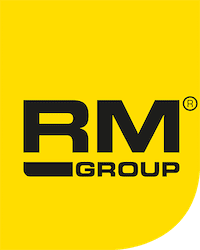Asphalt, consisting of aggregates and bitumen, is a soft, abrasive rock that is mainly used in road construction. Recycling asphalt results in cost savings and minimises the need for fresh raw materials, which in turn reduces the impact on the environment.
Recycling asphalt is very profitable. When you process on-site using a mobile crusher you also save on transport costs. Like concrete, asphalt is a very valuable and versatile construction material.
APPLICATIONS MATERIAL OVERVIEW
Possible uses of recycled asphalt
- unbound upper base layers (“grader layer”)
- Parking lot base courses unbound lower base courses, (“frost protection layer”) in road and parking lot construction
- Banket distributions
- agricultural and forestry road construction
- Bike and sidewalk construction
- Additive in the asphalt production
Find out more now at RUBBLE MASTER
[email protected]
Preparing asphalt correctly for reuse
In asphalt recycling, there is an increasing demand for finer aggregates, as smaller pieces are heated more quickly and require less energy. In the past, fractions of 0-20 mm or 0-25 mm were used, whereas today final grain sizes of 0-6 mm, 0-8 mm or 0-11 mm are in demand. When processing the material, the broken clods are crushed in an impact mill and reduced to the desired final grain size.
This results in a higher final quality compared to using an asphalt milling machine, which mixes the coarse grain of the base course with the fine grain of the surface course and lowers the quality of the material. The use of the milling machine also destroys the aggregate and produces more fine material, resulting in the loss of large stones for the road base.
Cold asphalt recycling vs. hot asphalt recycling
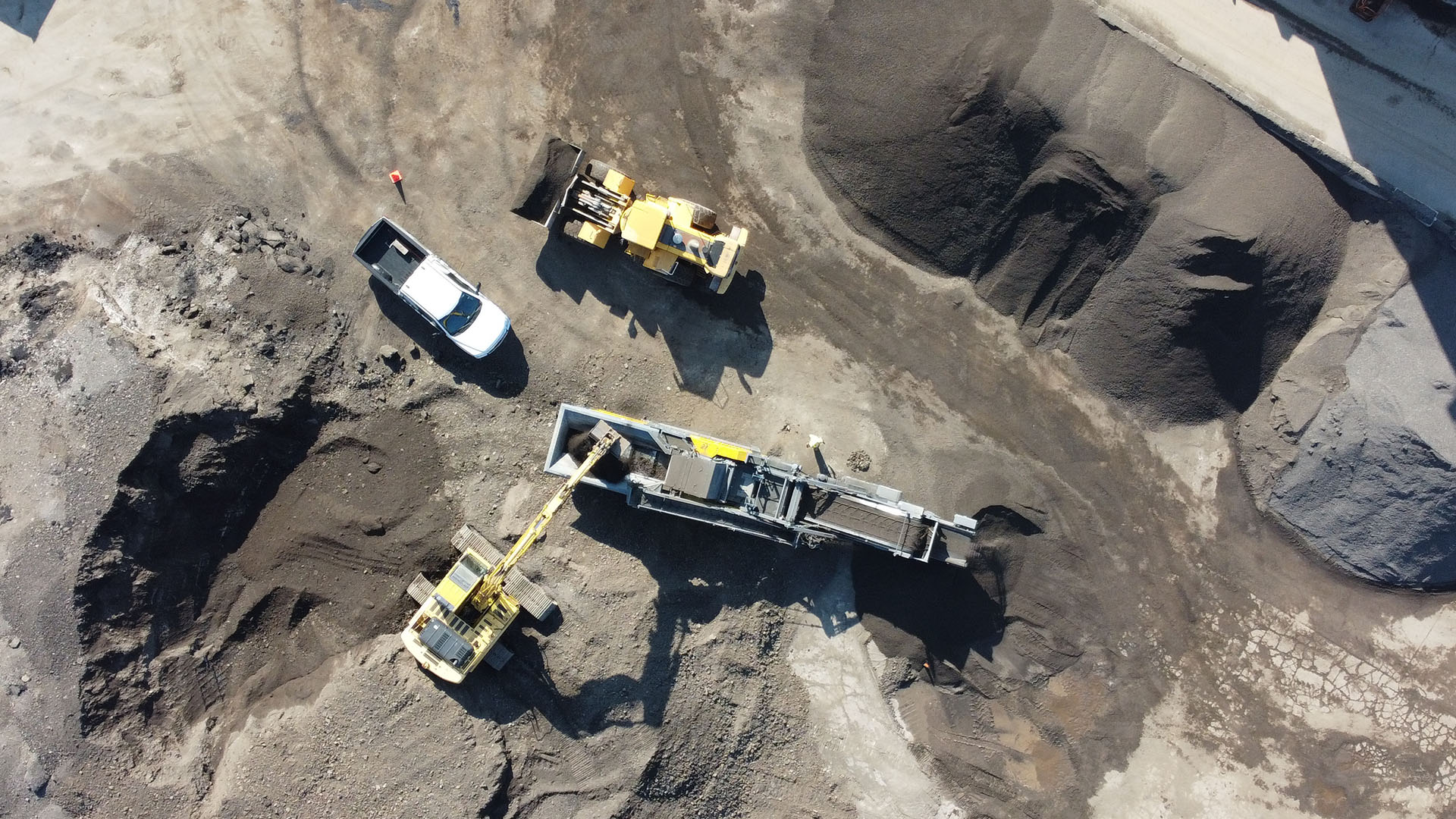
In cold asphalt recycling, only around 15 – 20% recycled material is used, whereas in hot asphalt recycling, up to 90% reusable asphalt is used. The advantage of hot recycling is that less fresh bitumen and mineral base materials are required. In addition, there is no need to store asphalt demolition waste in landfill sites, which both protects the environment and reduces costs.
Impact crusher vs. jaw or cone crusher in asphalt crushing
The crushing and screening of reclaimed asphalt requires a different crushing process to new aggregates or concrete. Jaw and cone crushers can be effective in crushing hard rock, but with reclaimed asphalt this can have a negative impact on product quality. Impact crushers use a different crushing
process that breaks up the interlayer of the asphalt’s binding matrix and results in a high-quality asphalt granulate. The impact crusher aerates the material and releases moisture, resulting in drier material and saving energy in the production of the asphalt mix.
Top cooler performance when crushing asphalt
Many diesel-hydraulic impact crushers have problems crushing asphalt due to the build-up of asphalt dust in the coolers. This leads to overheating problems and loss of performance. RUBBLE MASTER offers diesel-electric crushers that require less cooling and therefore manage with smaller coolers. As a result, they require less maintenance and avoid downtime. Further advantages of the RM coolers are a smooth material flow, less dust deposits and easier cleaning due to wide-meshed coolers. The cooler is positioned so that it is not directly exposed to dust, which guarantees longer cleanliness. The cooler pack is easily accessible from below and allows easy access for maintenance.
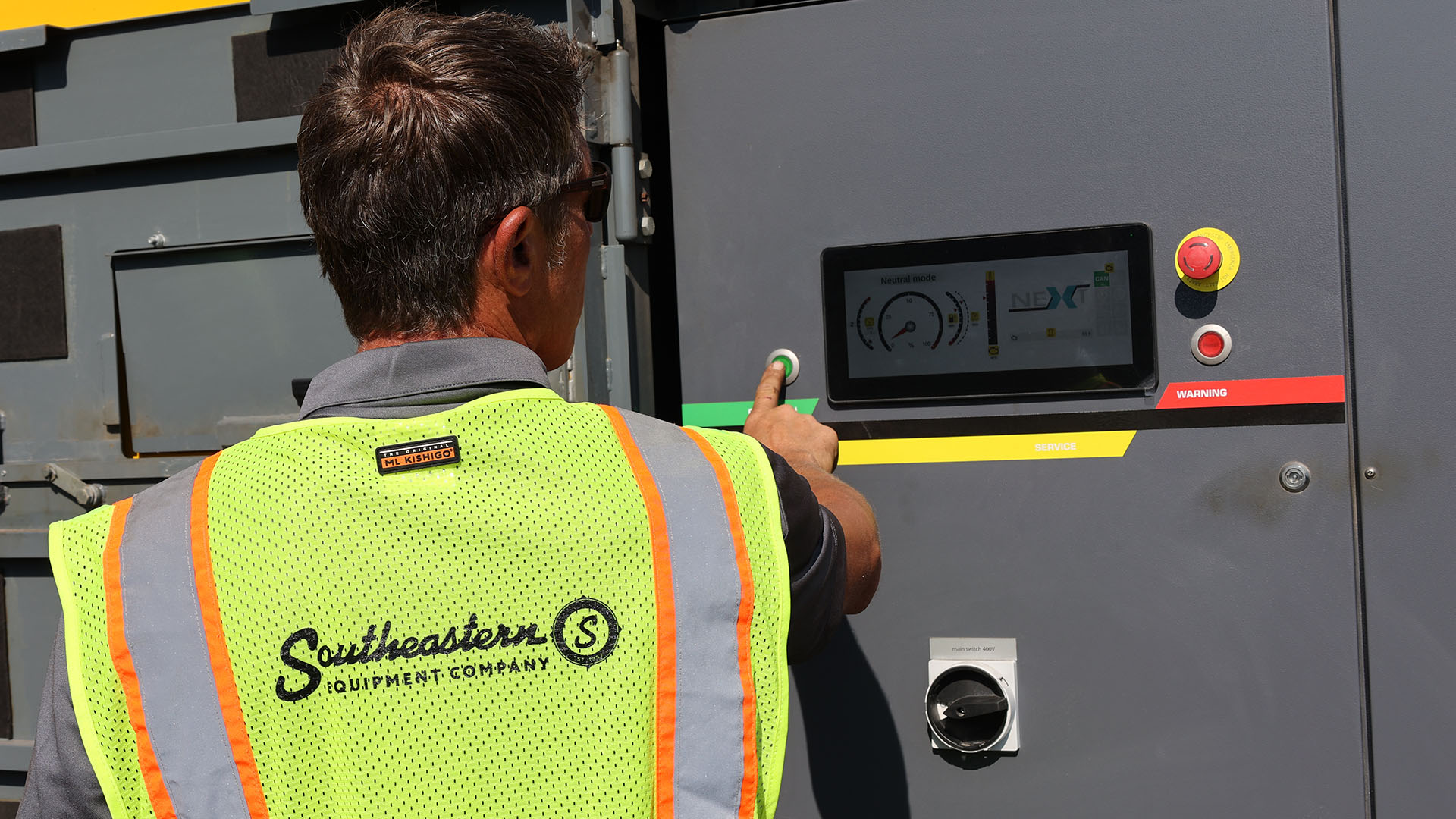


Tips against adhesion in the asphalt process
Asphalt consists in part of very fine, sticky bitumen, which heats up due to the friction in the crushing process and can potentially cause the interior to stick together. Jaw crushers in particular are increasingly struggling with sticky jaw belts when processing asphalt, especially in warm environments. Impact crushers also repeatedly have problems with sticking.
One tip for avoiding sticking is to use dust suppression all year round. This sprays the fine material and thus not only ensures a reduction in dust emissions, but can also prevent sticking.By the way: the duration of asphalt crushing has no effect on possible sticking.
FAQ’s
What is asphalt used for?
For road construction.
Which crusher is more suitable for crushing asphalt?
Impact crushers are more suitable for crushing asphalt than jaw or cone crushers.
What are the benefits of hot asphalt recycling?
With hot asphalt recycling, up to 90 % of the asphalt is reused. This saves money and protects the environment.
What are common final grain sizes of recycled asphalt?
0-6 mm, 0-8 mm or 0-11 mm.
How do I avoid adhesions in the asphalt crushing process?
Use dust suppression all year round to prevent sticking. Dust suppression is offered as an option with RUBBLE MASTER.
Does my crusher stick faster if I crush asphalt for longer?
No, the duration of asphalt breaking has no effect on possible bonding.
JOB STORIES
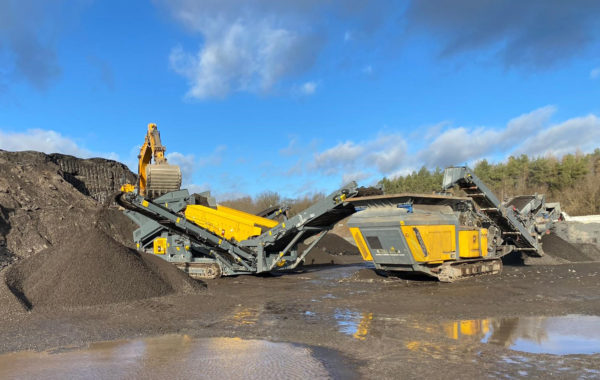

Efficient asphalt processing with RM
UK processing specialist Chapman’s is delighted with the versatility and efficiency of its RM machines. That is why this year they invested in four new crushers and nine screens. The RM machines deliver impressive performance both as stand-alone systems and together in processing lines.
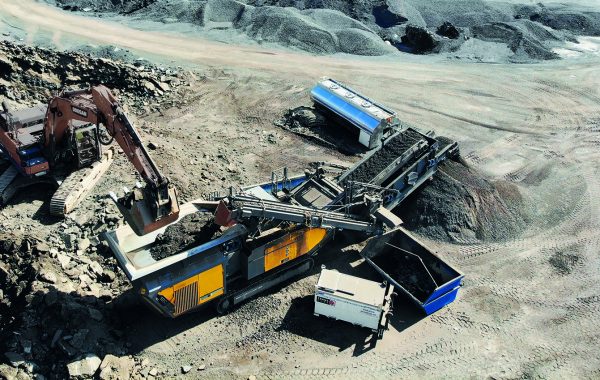

Great RM crusher performance in Finland
Investing in an RM 120GO! crusher unit enabled Jarno Mäentausta – owner of the company T:mi Jarno Mäentausta in Finland – to get a foothold in the new recycling market. His customers are pleased with his new service offering.
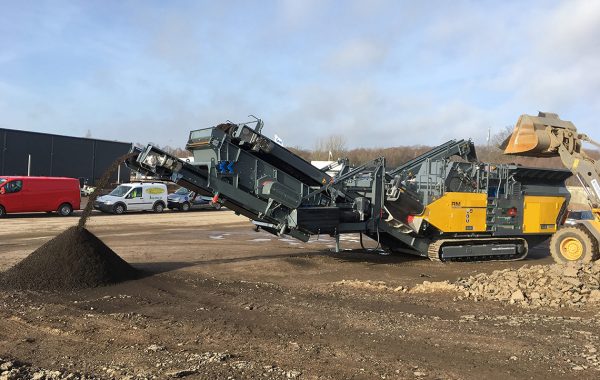

RM Innovations for higher throughput
To crush the increasing amounts of asphalt, concrete and natural rock, operators in Sweden have switched from the RM 80GO! to the larger RM 120GO!. The new RM impact crusher is also fitted with RM GO! SMART, an optional hydraulic hammer changing system and a steep conveyor belt.
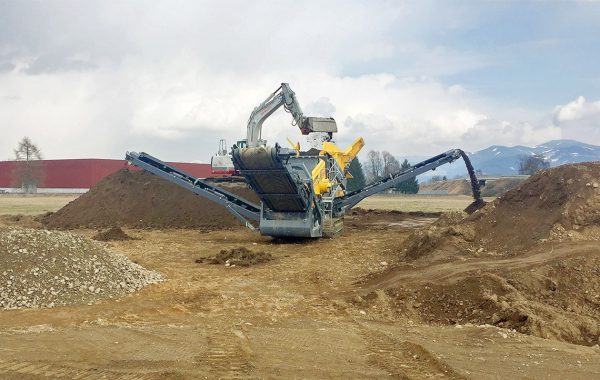

Higher utilisation with greater flexibility
Murtal plant hire in the Austrian province of Styria has a fleet of more than 80 different rental trucks, construction vehicles and machines. Their new business sector: mobile recycling. RUBBLE MASTER supplied the enterprising Styrian company with a mobile crusher and screen unit as well as the know-how needed to successfully build up
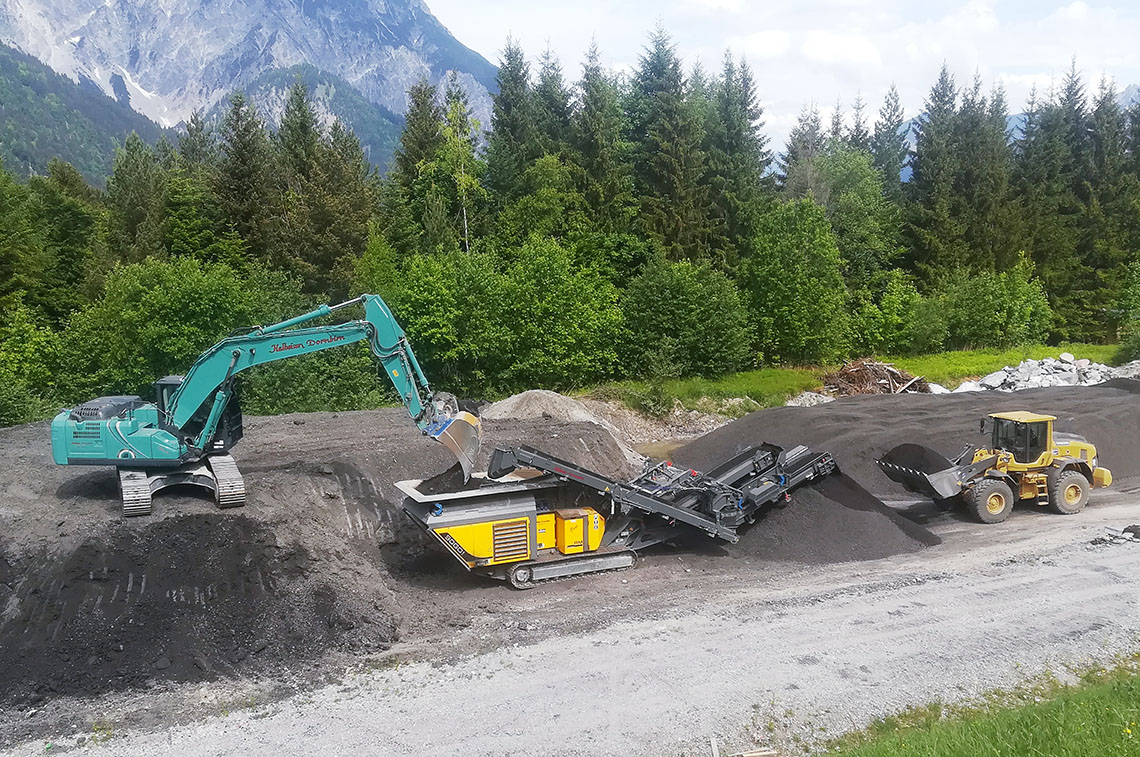

The latest technology with RM
Whether processing natural stone in the mountains or recycling in the valley, with the flexible RM 90GO! Halbeisen & Prast KG have the best equipment for every job. The innovative features of the RM crusher make work easier and save cash. That’s how this investment pays for itself very quickly indeed.
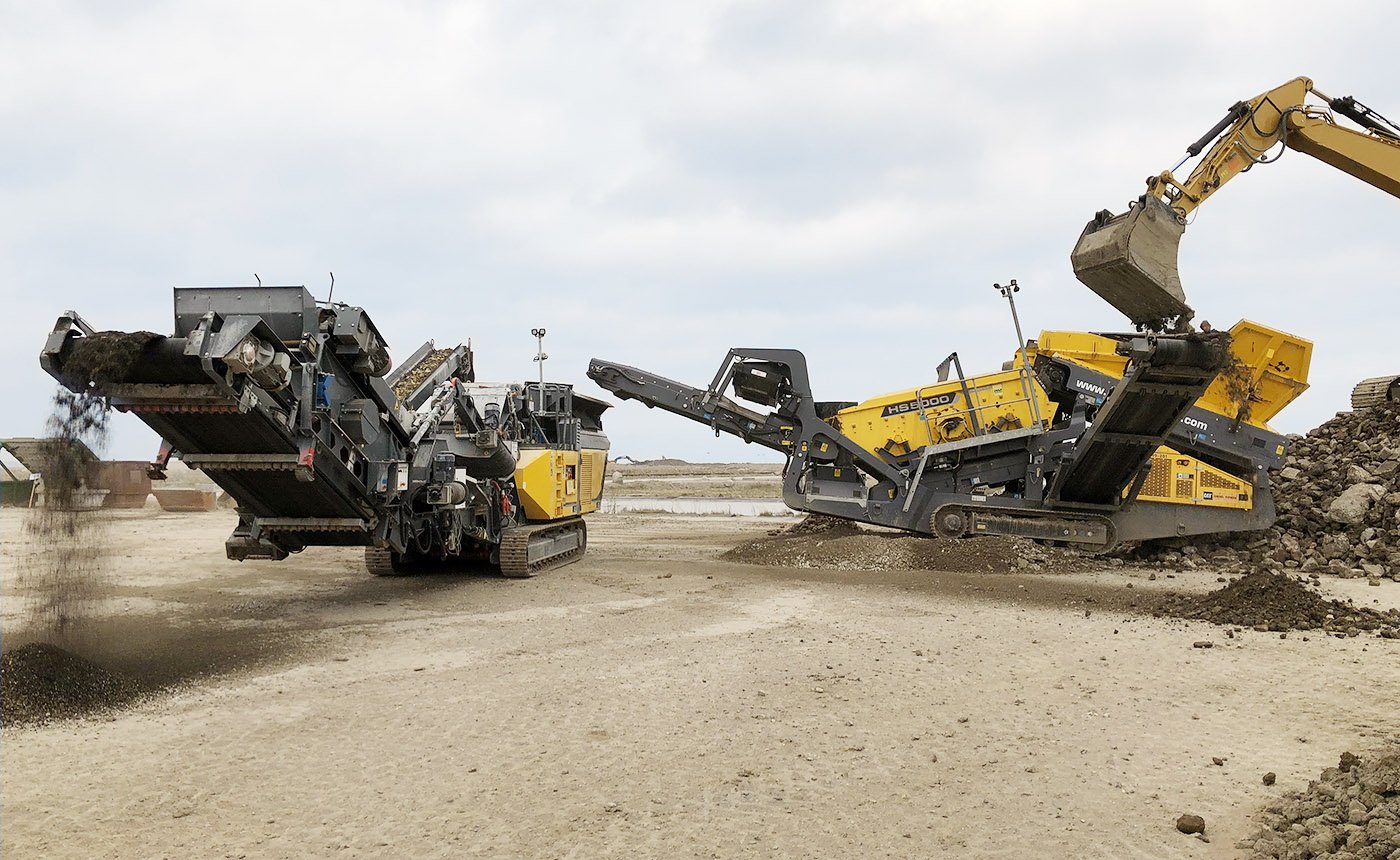

RM crusher wins tender
The price-performance ratio of RM machines is right and this is why RUBBLE MASTER continues to win public tenders. Besides the technical benefits of the mobile RM impact crusher, it was the service which the city of Copenhagen in Denmark found compelling.
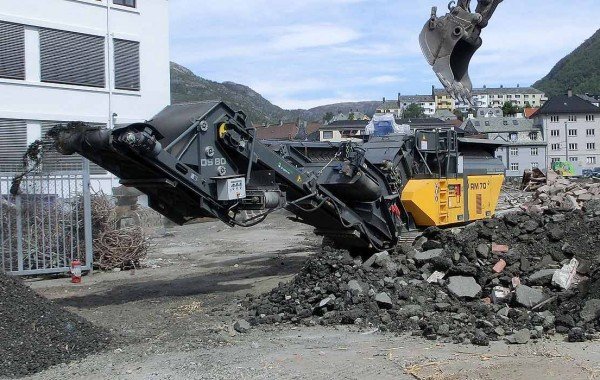

Recycling is profitable as of two days' use per month
Demolition, asphalt and concrete have been among the services this company offers for a long time. We have expanded our business operations by recycling asphalt, concrete and C&D waste using a mobile crusher. The investment in the RM 70GO! quickly turned into a profit and saved us expensive depot fees.
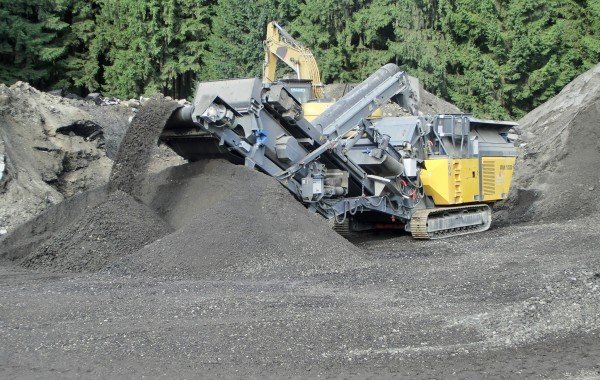

New line of business: crushing asphalt
A different job site every day, different materials and challenges every time – that’s daily business for this asphalt processing contractor. The Bavarian decided to go for a mobile RM 100GO! crusher in combination with a mesh deck screen and refeeding belt, which turns out to be a very profitable solution.
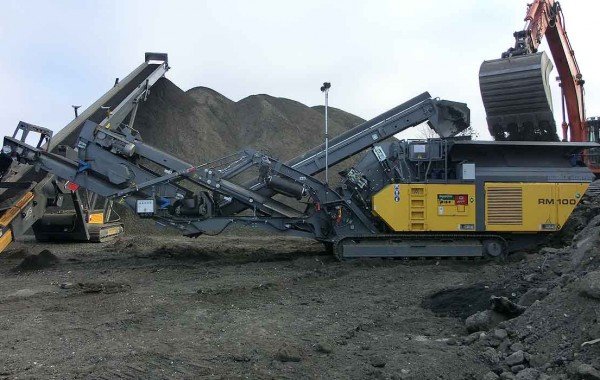

Demolition Specialist
The largest Danish demolition company specialises in the crushing and reuse of construction materials directly on site. “With the combination of the RM 100GO! and MS100GO! screen we can recycle 700 m3 of asphalt to 0-16 mm aggregate in a single pass on a daily basis. Economy and efficiency were the key criteria
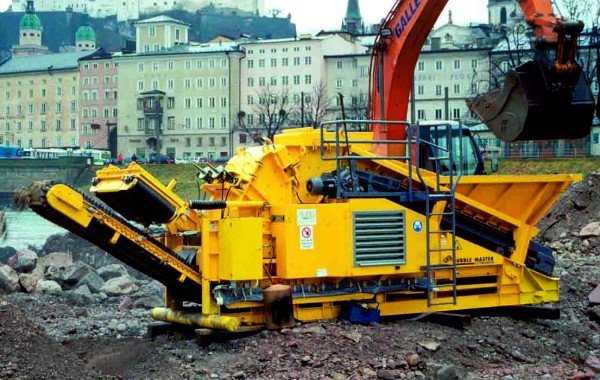

Crushing 10,000 tons of asphalt in the city
Inner-city sites are always a challenge in terms of logistics. Not only with regard to the working spce, but also because of material transport. Transporting the material away from the built-up urban area would not have been a viable option due to the traffic situation.







